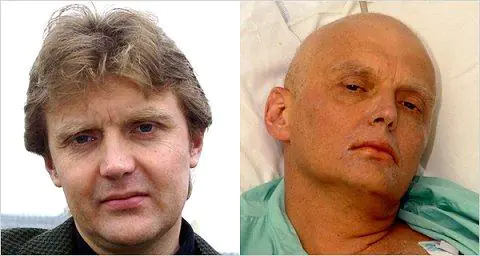This is a disease caused by exposure to high doses of radiation. Doses of 1 Gray are considered especially dangerous. With less exposure, changes also occur, but do not have external manifestations.
Classification
According to the type of course, acute and chronic forms of the disease are distinguished. Due to the specific features of each of them, the transition from one type to another is impossible.
Changes in the body caused by radiation sickness are divided into three groups:
First group
The first and most noticeable consequences of radiation poisoning. This includes acute manifestations of the disease, such as burns.
Second group
These are changes that manifest themselves over a longer period. These include cancer, premature aging, leukemia, etc.
Third group
These are various congenital disorders caused by strong radiation exposure.
Symptoms
Symptoms of radiation sickness depend on the stage at which the disease is at a given time.
First stage
Initial. During this period, ulcers appear on the affected areas of the skin in the form of redness or bruises. The patient feels nausea, vomiting, headache and severe drowsiness.
Second stage
These are changes that appear about a week after the day of irradiation. During this period, an improvement in the patient's condition may be observed, but at the same time, arrhythmia and sudden changes in blood pressure, hair loss, and deterioration of the affected skin areas may appear. There may also be a decrease in the severity of reflex reactions and slower motor skills.
Third stage
It is caused by disruption of the circulatory system, and the patient’s immunity is significantly reduced. This creates a risk of infectious diseases. Body temperature usually rises and blood pressure becomes lower. In addition, at this stage the functioning of the digestive system deteriorates significantly.
Fourth stage
Marked by gradual improvements in the patient's condition. There is a decrease in temperature and normalization of blood pressure. However, so-called leukemia or anemia may occur.
Treatment
The specifics of the prescribed treatment depend on the stage of the disease at the moment. After radiation exposure, it is necessary to suppress the body's initial reaction; drugs are often prescribed to reduce the gag reflex. Next, you should focus on eliminating the consequences. First of all, they are aimed at restoring the functioning of the circulatory system. When the disease reaches its final stages, treatment is mainly prescribed to provide support for the basic functions of the body: this is the intake of immunomodulators and vitamins. Subsequently, the patient is prescribed a special diet, and hormonal medications are also prescribed.
Prevention
If it is necessary for a person to stay in an area of increased radiation, it is necessary to use anti-radiation protection equipment and take radioprotectors - special medications that reduce the effect of radiation exposure on the body.



